What Is Sleep Hygiene?
Sleep hygiene refers to our lifestyle practices and general behavior that determines the quality of our sleep. The term sleep hygiene may sound a bit odd to you, believe me it initially raised my eyebrows too, but since “hygiene” really entails a summation of the activities we subscribe to in a bid to preserve our health then the idea is not too far fetched. So what then is your sleep hygiene? What are some of the the things that you routinely do before going to bed? Do you have specific times when you wake up or go to bed? These are important factors that can determine whether you snooze in bliss or you stay wide awake in the wee hours of the morning. You are probably thinking, well I have never really thought of that before, I simply go to bed whenever I feel sleepy.
What then constitutes good sleep hygiene?
 Establishing a set time for bedtime and when you get up seven days a week.
Establishing a set time for bedtime and when you get up seven days a week.- Never sleep during the day if you are struggling with sleeplessness.
- Have a consistent exercise regime.
- Be sure to do your exercises at least five to six hours before you retire (preferably early mornings).
- Eat light meals before bed and do not consume snacks at nights.
- Eliminate caffeine, sodas and dark chocolate from your diet.
- Reserve your bed for sleeping and avoid mentally stimulating activities once there.
- Your bedroom should be conducive to sleep.
- Get enough sunlight
- Ensure that you are in a good frame of mind before climbing into bed.
- Make note of your lifestyle and sleep pattern in your sleep diary so that you can determine what is affecting your sleep pattern.
You will be more likely to witness changes if you implement all of the following but be mindful that this a gradual process and you will see changes over time.
The Drawbacks of Sleep Hygiene
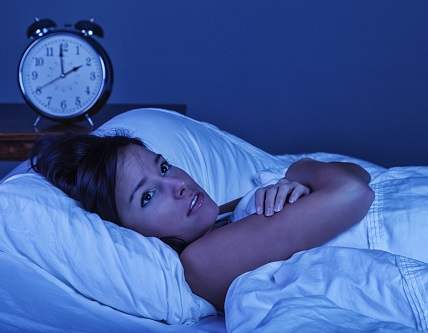 One of the problems with sleep hygiene is that it gives you a list of things to do but it does not really systematically take you through the process of getting them done. For example it recommends that you achieve a good frame of mind before climbing under the covers but it falls short of telling you how to achieve that.
One of the problems with sleep hygiene is that it gives you a list of things to do but it does not really systematically take you through the process of getting them done. For example it recommends that you achieve a good frame of mind before climbing under the covers but it falls short of telling you how to achieve that.
Secondly, behavior really speaks to a collection of habits that you would have cultivated over time and so it may require a significant amount of time to change how you do things. Most people will not follow through if they see no tangible improvements within weeks. Lastly, you can implement all of the measures and still suffer from insomnia because the causes can be quite diverse. Your insomnia could be as a result of sleep anxiety,over stimulation of the nervous system, habitual worrying or a range of other things.
Therefore adherence to sleep hygiene may not be a comprehensive solution for insomnia but it is a good place to begin and you will beat it if you always remain positive because insomnia can be cured and that gives a ray of hope.

 Subscribe Now
Subscribe Now

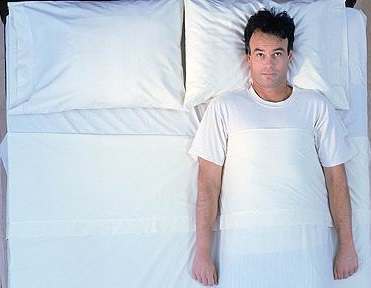 Insomnia can affect just about anyone, but women are more prone to struggle with this condition than their counterparts. Stress is one of the major underlying causes of what is considered temporary sleeplessness and if this is left untreated then it can become severe insomnia. Severe insomnia usually comes about after an individual experiences some type of illness or medical condition. Some of which may include chronic pain, severe tiredness , stomach problems, serious mental conditions and
Insomnia can affect just about anyone, but women are more prone to struggle with this condition than their counterparts. Stress is one of the major underlying causes of what is considered temporary sleeplessness and if this is left untreated then it can become severe insomnia. Severe insomnia usually comes about after an individual experiences some type of illness or medical condition. Some of which may include chronic pain, severe tiredness , stomach problems, serious mental conditions and  In light of this, medical cannabis has been hailed a viable alternative in the treatment of insomnia. Interestingly,many patients have confirmed that medical cannabis is more effective than prescription drugs, it is not addictive and no report of any deaths as a result of its prolonged use has been reported so far. This is really worth considering if you are suffering from insomnia because it comes with the possibility of relief without an exhaustive list of side effects and that in this day and age is really soothing music to the ears.
In light of this, medical cannabis has been hailed a viable alternative in the treatment of insomnia. Interestingly,many patients have confirmed that medical cannabis is more effective than prescription drugs, it is not addictive and no report of any deaths as a result of its prolonged use has been reported so far. This is really worth considering if you are suffering from insomnia because it comes with the possibility of relief without an exhaustive list of side effects and that in this day and age is really soothing music to the ears.
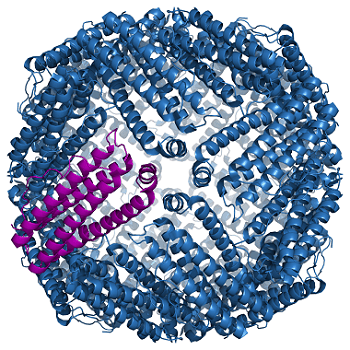 The following is based on information garnered from case studies done in Japan. In case study A, a patient was diagnosed with depression and the doctor administered a particular kind of medication. After a one year period, the patient’s condition improved significantly.Similarly, in case study B, a patient exhibited symptoms of
The following is based on information garnered from case studies done in Japan. In case study A, a patient was diagnosed with depression and the doctor administered a particular kind of medication. After a one year period, the patient’s condition improved significantly.Similarly, in case study B, a patient exhibited symptoms of 

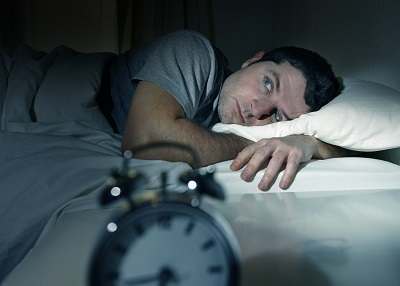 Insomnia refers to the inability to sleep or sleep peacefully for extended periods. Medically,
Insomnia refers to the inability to sleep or sleep peacefully for extended periods. Medically, 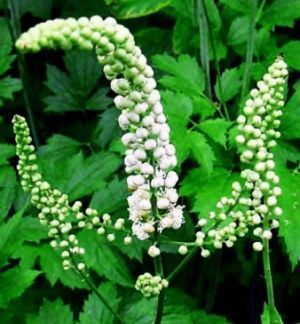 Nevertheless, this is good news for women globally since menopause can in some cases have a debilitating effect on women the world over. Menopause by itself is already terrible and menopause coupled with insomnia is beyond devastating, but luckily
Nevertheless, this is good news for women globally since menopause can in some cases have a debilitating effect on women the world over. Menopause by itself is already terrible and menopause coupled with insomnia is beyond devastating, but luckily 
 We have seen a shift from doing things that would drive our heart rates up to an overall sedentary and semi sedentary lifestyle. In fact, over the past few years we have witnessed a shift from doing high energy activities outdoors to low level activities, that require us to be solitary and while there is a drive to promote exercise it is often viewed as a chore and in some cases quite justifiably so, because many of the exercise regimes today are brutal, rigorous and unbelievably intense. However, this does not have to be the case and here is an alternative:
We have seen a shift from doing things that would drive our heart rates up to an overall sedentary and semi sedentary lifestyle. In fact, over the past few years we have witnessed a shift from doing high energy activities outdoors to low level activities, that require us to be solitary and while there is a drive to promote exercise it is often viewed as a chore and in some cases quite justifiably so, because many of the exercise regimes today are brutal, rigorous and unbelievably intense. However, this does not have to be the case and here is an alternative: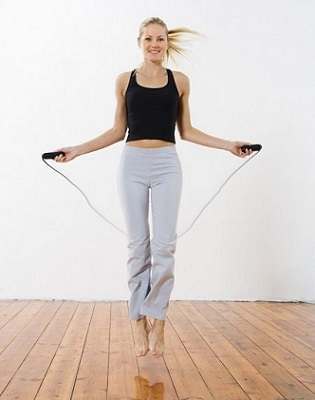 Do Not Engage in High Intensity Workouts
Do Not Engage in High Intensity Workouts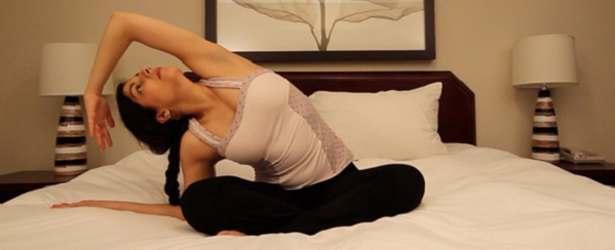
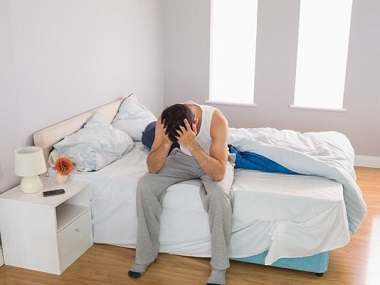



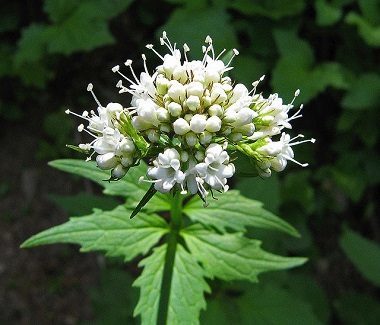 Valerian is a type of herb that is well-known for its ability to aid people with insomnia sleep faster and longer. Valerian extracts are often used before bedtime and has been proven to increase sleep quality of the people who ingest it. While further studies are still needed to determine its overall effectiveness in helping treat insomnia, current data shows promising results. Recommended dosage of this herbal medicine is at 200 to 400mg 30 minutes before sleep.
Valerian is a type of herb that is well-known for its ability to aid people with insomnia sleep faster and longer. Valerian extracts are often used before bedtime and has been proven to increase sleep quality of the people who ingest it. While further studies are still needed to determine its overall effectiveness in helping treat insomnia, current data shows promising results. Recommended dosage of this herbal medicine is at 200 to 400mg 30 minutes before sleep.
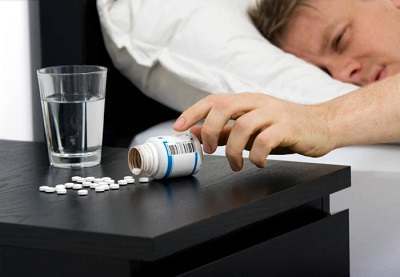 It is important for people to understand that these sleeping pills are merely short term solutions and it will require something drastic to truly cure insomnia. Sleeping medications are prone to side effects and constant use will make the individual heavily dependent on the drug, in short, sleeping pills are habit forming. There is also the fact that the body will eventually gain some form of immunity from the drug making it ineffective in the long run. In order to treat insomnia it is vital to first know what the cause of the sleep disorder is. By finding out the root of the problem we would be able to develop a fool-proof plan to treat insomnia. Based on cases of insomnia there is an underlying connection between the sleep disorder and blood sugar imbalances, specifically the body’s adrenal function.
It is important for people to understand that these sleeping pills are merely short term solutions and it will require something drastic to truly cure insomnia. Sleeping medications are prone to side effects and constant use will make the individual heavily dependent on the drug, in short, sleeping pills are habit forming. There is also the fact that the body will eventually gain some form of immunity from the drug making it ineffective in the long run. In order to treat insomnia it is vital to first know what the cause of the sleep disorder is. By finding out the root of the problem we would be able to develop a fool-proof plan to treat insomnia. Based on cases of insomnia there is an underlying connection between the sleep disorder and blood sugar imbalances, specifically the body’s adrenal function. Our body needs at least 8 to 10 hours of sleep to fully recharge. During this period cortisol helps keep the body’s blood sugar at a balanced rate as you sleep. The problem is if the body fails to produce cortisol the body will shift to another hormone called epinephrine which will jump start your body leaving you wide awake in the middle of the night.
Our body needs at least 8 to 10 hours of sleep to fully recharge. During this period cortisol helps keep the body’s blood sugar at a balanced rate as you sleep. The problem is if the body fails to produce cortisol the body will shift to another hormone called epinephrine which will jump start your body leaving you wide awake in the middle of the night.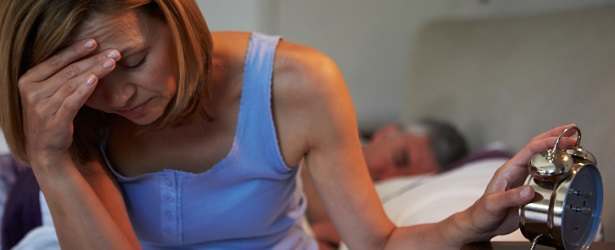
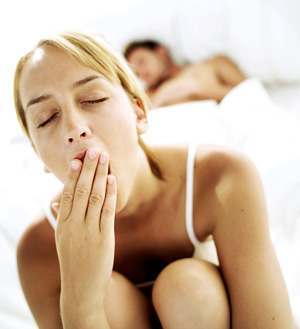 There are several
There are several  Menopause Insomnia on the other hand is caused by hormonal changes in the woman’s body. Doctors can give you a prescription to help ease these hormonal imbalances. As women grow older their estrogen levels decrease. This in turn means a lower level of serotonin which is a hormone produced by the brain to regulate sleep. Lower production of serotonin means a less comfortable sleep. There are natural ways to help decrease the effects of menopause insomnia. One of these tried and true methods is by shifting to a healthy lifestyle. For example, by conducting a half hour exercise in the afternoon your muscle will feel more relaxed once evening comes. A simple change in your diet can also help. Avoiding caffeinated drinks, chocolates, cigarettes and sugar based meals at least 4 hours before sleep will help ready your body for a good night’s rest. Additional changes to your bedtime habit can also help push away insomnia. Try drinking a warm glass of milk or
Menopause Insomnia on the other hand is caused by hormonal changes in the woman’s body. Doctors can give you a prescription to help ease these hormonal imbalances. As women grow older their estrogen levels decrease. This in turn means a lower level of serotonin which is a hormone produced by the brain to regulate sleep. Lower production of serotonin means a less comfortable sleep. There are natural ways to help decrease the effects of menopause insomnia. One of these tried and true methods is by shifting to a healthy lifestyle. For example, by conducting a half hour exercise in the afternoon your muscle will feel more relaxed once evening comes. A simple change in your diet can also help. Avoiding caffeinated drinks, chocolates, cigarettes and sugar based meals at least 4 hours before sleep will help ready your body for a good night’s rest. Additional changes to your bedtime habit can also help push away insomnia. Try drinking a warm glass of milk or 
 One of the most popular practices done by those who perform Feng Shui in their abode is to ensure that your bed is not positioned directly at the door with your head or feet pointing outside your room. This is a big no-no in Feng Shui as it is believed that this might drain your energy while asleep.
One of the most popular practices done by those who perform Feng Shui in their abode is to ensure that your bed is not positioned directly at the door with your head or feet pointing outside your room. This is a big no-no in Feng Shui as it is believed that this might drain your energy while asleep.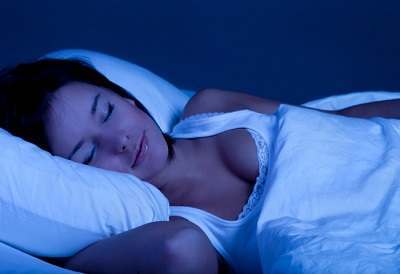 You basically have nothing to lose by trying out this simple Feng Shui tips. However, if you go in already thinking negatively about this practice then it is most likely that it will not work. It is vital to have a positive mindset to relieve stress. Maybe that is the key ingredient in Feng Shui, by organizing objects and furniture within your home you will inadvertently help calm your nerves and help you relax.
You basically have nothing to lose by trying out this simple Feng Shui tips. However, if you go in already thinking negatively about this practice then it is most likely that it will not work. It is vital to have a positive mindset to relieve stress. Maybe that is the key ingredient in Feng Shui, by organizing objects and furniture within your home you will inadvertently help calm your nerves and help you relax.